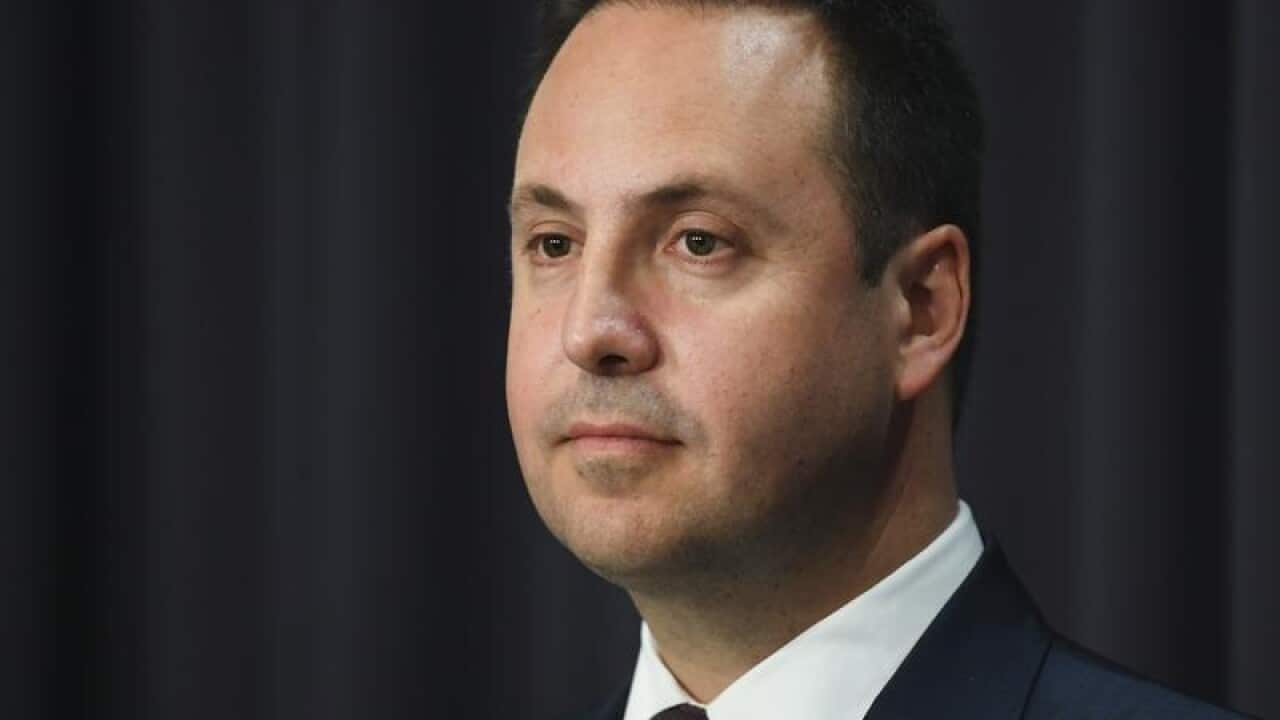Australians in Beijing might recognise familiar products on supermarket shelves, from Carman's muesli bars to jars of Mayver's crunchy peanut butter.
The government is reviewing the free trade deal it clinched with China in 2015, which has facilitated the explosion of Australian products on Chinese shelves.
"This is what ChAFTA looks like in real life," Trade Minister Steven Ciobo said of the China-Australia Free Trade Agreement in Canberra on Thursday.
"But it is a living agreement, and it is my job to make sure that its terms remain relevant today."
It is an agreement that sees Australia export more to China every six weeks than it does to the UK in a year.
Once the government completes its review of service and investment chapters of the agreement it will re-engage China in negotiations towards an "update".
Australia wants to see new opportunities in priority service sectors and better conditions for enhanced investment flows.
Not least, a broader general review of the entire agreement conducted by both countries is expected to conclude by the end of the year.
"It won't be the last time we see ChAFTA grow and evolve," Mr Ciobo said.
Both sides have committed to a general review every five years.
Mr Ciobo will lead an Australian business delegation to Shanghai this November, where analysis of China's Belt and Road Initiative (BRI) will loom large.
The government supports involvement in the giant infrastructure-funding scheme on a "case-by-case" basis, looking for wins for Australian business.
China's re-imagining of its historic Silk Road in the BRI will link ports and trade routes from Central Asia to the Pacific.
Despite the positivity in trade negotiations, Mr Ciobo acknowledged the agreement was not "a panacea" on all issues with the regional power.
"There will be discordant voices," Mr Ciobo said.
"I never paper over the fact that there are areas where Australia and China don't see eye to eye."
Still, the trade agreement provided "enormous ballast" in the relationship, with open dialogue key to its health.
Last week, China's ambassador to Australia acknowledged "difficulties" in the relationship, claiming some Australians maintained a "Cold War mentality."
While, former prime minister John Howard sensationally claimed in London this week that China could influence the more than one million Chinese-Australians.
"[They are] terrific citizens making enormous contributions to our nation, but it remains the case that China is very interested in the capacity to use those people to further her own power and her interests," he said.









